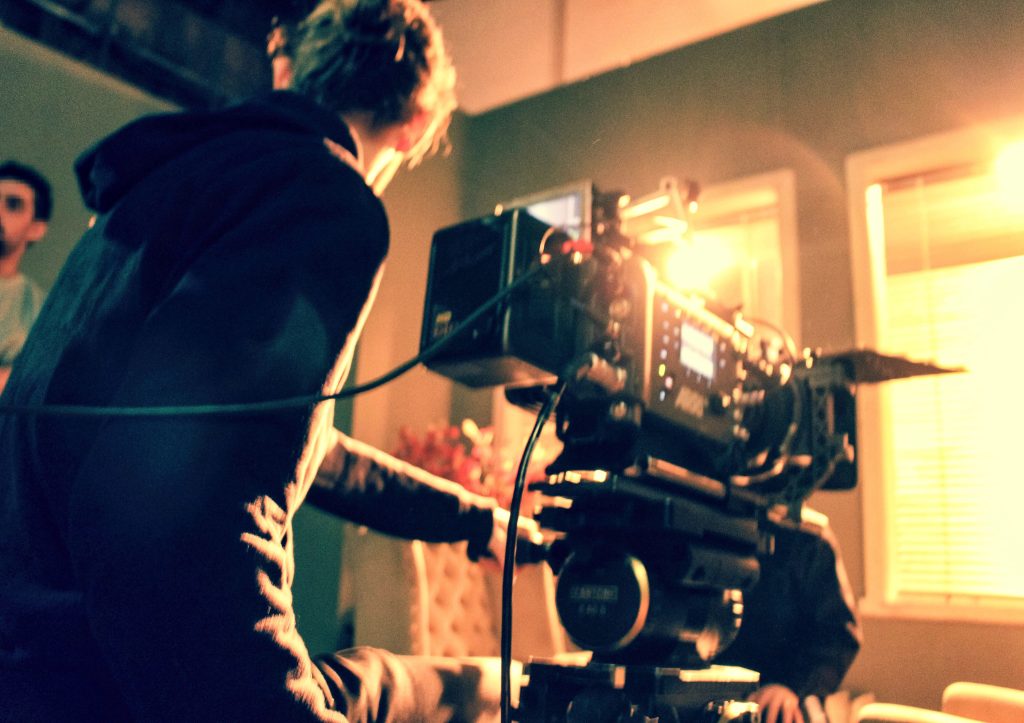Artificial intelligence (AI) can help with various aspects of videography, including:
1. Video Editing: AI can assist with video editing tasks such as object removal, color correction, and stabilization. AI algorithms can analyze video footage and identify and track objects within it, allowing for automated removal or replacement of elements in the video. AI can also adjust color grading to improve the visual quality of the footage and stabilize shaky camera movements. A lot of these AI tools can be found in Adobe After Effects.
2. Post-Production: AI can assist with post-production tasks such as audio processing, captioning, and visual effects. AI algorithms can transcribe audio tracks and generate closed captions, making videos more accessible to viewers who are deaf or hard of hearing. AI can also generate visual effects such as motion graphics and animations.
3. Content Creation: AI can assist with content creation by generating personalized videos based on user preferences and input. For example, AI can create personalized video ads based on user data such as demographics, browsing history, and purchase behavior.
4. Audience Analysis: AI can help videographers understand their audience better by analyzing viewer engagement, sentiment, and behavior. By analyzing data from social media platforms and video hosting sites, AI algorithms can provide insights into the demographics and preferences of the audience, enabling videographers to create more engaging and relevant content.
Overall, AI has the potential to revolutionize the way videographers create and edit video content, making it faster, more efficient, and more personalized.



